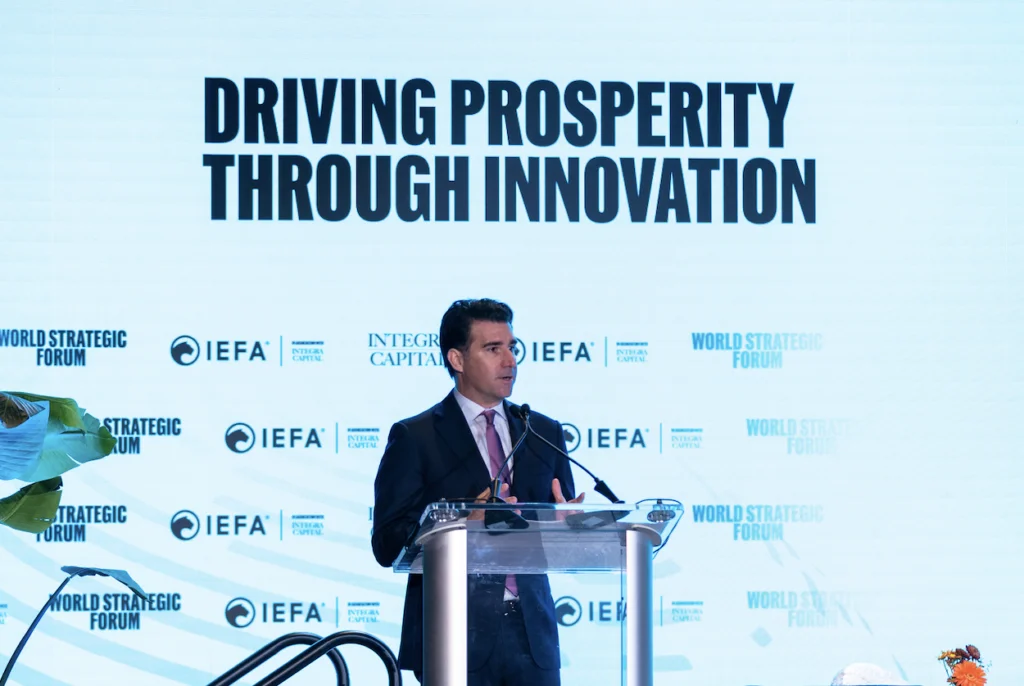
Cambridge Quantum continues to drive research toward bringing quantum computers into mainstream usage, this time publishing two studies aimed at allowing quantum computers in their current stage to solve difficult problems and complex calculations.
In a statement on LinkedIn, the company reports the papers were published arXiv, a pre-print server. One study is on Quantum Monte Carlo integration (QMCI) and the other is on Quantum Amplitude Estimation (QAE).
According to the company, the research represents important steps to bring about practical quantum computing.
The researchers said the QAE study that quantum algorithms can still work well in the presence of noise, an important concern in the Noisy Intermediate-Scale Quantum — or NISQ — era.

They write: “CQ shows that when the algorithms in question are sampling-estimation algorithms then the answer is an emphatic ‘yes’ — in fact, in classical signal processing, they have been doing exactly this for decades. We show that QAE is an ideal candidate for this approach by using the structure of the quantum circuits used in QAE to derive a bespoke noise model, which is then used to extend the range of QAE when performed on NISQ devices.”
This team includes Steven Herbert, a senior research scientist; Roland Guichard, research software developer and Darren Ng, all of Cambridge Quantum.
To confirm the validity of the approach, the researchers ran their experiments on IBM and Honeywell‘s quantum computers.
The work fills two significant gaps, and the two papers represent an important step towards being able to apply QMCI to real-world problems.
“We have further shown how our proposed noise model can be used to inform the design of, and improve the parameter estimation in, QAE – yielding a first proposal for how to achieve noise aware QAE,” the team concludes.
The second paper, which complements the QAE study, introduces Q-marginals and demonstrates the construction of a quantum sampling circuit from its classical counterpart. Q-marginals are quantum states encoding some probability distribution in a way that can be used in Quantum Monte Carlo Integration (QMCI), an approach that numerically estimates the mean of a probability distribution by averaging sample and could be used to help financial researchers manage risk and pharmaceutical firms find drugs for disease
Herbert, author of the study, explains that the work is important because quantum advantage in Monte Carlo integration is in the form of a reduction in the number of uses of a quantum state encoding the probability distribution (in QMCI) relative to the number of samples that would be required in classical MCI. Therefore, it only translates into a computational advantage if the number of operations required to prepare this quantum state encoding the probability distribution is comparable to the number of operations required to generate a classical sample.
Cambridge Quantum and Honeywell recently announced a merger, uniting two quantum research powerhouses.
For more market insights, check out our latest quantum computing news here.















